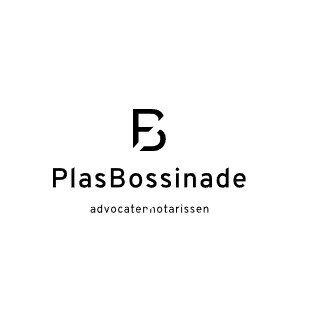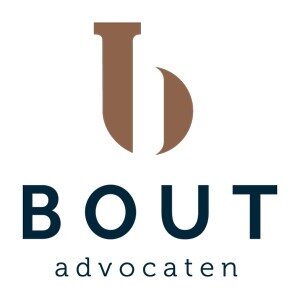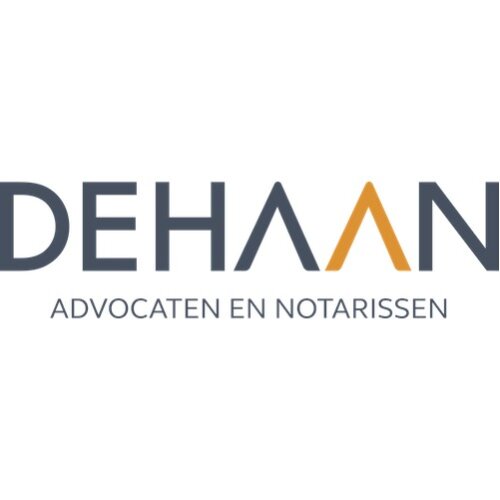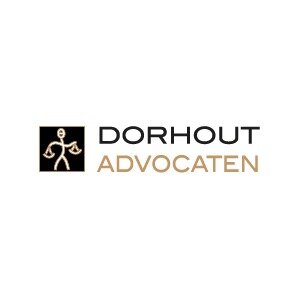Best Energy Regulatory Law Lawyers in Groningen
Share your needs with us, get contacted by law firms.
Free. Takes 2 min.
List of the best lawyers in Groningen, Netherlands
About Energy Regulatory Law in Groningen, Netherlands
Energy Regulatory Law in Groningen is a specialized area addressing legal rules and administrative decisions that govern the production, distribution, and consumption of energy. Groningen is significant to the Dutch energy landscape, historically known for its large natural gas reserves and now actively involved in the nation’s energy transition towards renewable sources. Energy regulations in Groningen are shaped by national laws, European Union directives, and local policies tailored to the area’s unique energy challenges, such as gas extraction impacts, renewable energy expansion, and environmental sustainability.
Why You May Need a Lawyer
Individuals and businesses in Groningen may require legal assistance with Energy Regulatory Law for various reasons. Some typical situations include:
- Obtaining or contesting permits for gas extraction, wind farms, solar parks, or other energy projects
- Understanding compliance requirements for energy providers, producers, or consumers
- Addressing disputes between residents and energy companies regarding environmental damage or nuisance from energy installations
- Structuring agreements for the sale or purchase of energy (including Power Purchase Agreements)
- Navigating compensation schemes for gas extraction-related damage
- Responding to enforcement actions or regulatory investigations
- Advising on energy market liberalization and tariff regulations
- Participating in or advising on public consultations or administrative hearings related to energy policy
Local Laws Overview
Energy Regulatory Law in Groningen is shaped by several key legal frameworks:
- Gas Extraction Regulation: Groningen holds one of Europe’s largest natural gas fields. Extraction is heavily regulated, particularly following earthquakes attributed to this activity. The Dutch Mining Act (Mijnbouwwet) and various ministerial decrees limit extraction and set compensation obligations.
- Renewable Energy Promotion: The Dutch government and Groningen municipality encourage renewable energy projects under the “Energietransitie” (energy transition) framework, with subsidies and streamlined permitting for wind, solar, and biogas.
- Grid Access and Energy Markets: The rules of netbeheer (grid management) regulate access to and use of the electricity and gas grids, shaped by the Dutch Electricity Act (Elektriciteitswet) and Gas Act (Gaswet). These laws implement EU requirements and promote fair competition and efficient access.
- Environmental and Spatial Planning Laws: Projects must comply with the Environment and Planning Act (Omgevingswet) and relevant zoning plans (bestemmingsplannen). Community participation and environmental impact assessments are often required.
- Compensation and Liability: For gas-induced damages (aardbevingsschade), there is a legal regime for compensation overseen by the Institute for Mining Damage Groningen (IMG).
Frequently Asked Questions
What permits are needed for renewable energy projects in Groningen?
Renewable energy projects often require multiple permits, including an environmental permit, grid connection approval, and, in some cases, a building permit. The specific requirements depend on the project size and location.
How is gas extraction regulated in Groningen?
Gas extraction is regulated by the Mining Act and subject to strict controls by the Minister of Economic Affairs and Climate. Extraction volumes are limited, and operators must address safety and environmental concerns.
What compensation is available for property damage caused by gas extraction?
Residents and businesses can file claims with the Institute for Mining Damage Groningen (IMG) for compensation related to earthquake damage caused by gas extraction.
Are there subsidies for installing solar panels or wind turbines?
Yes, both national and local subsidies exist, such as the SDE++ scheme for larger projects and local incentives for homeowners and businesses looking to invest in renewable energy.
Can I challenge an energy project in my neighborhood?
Yes, community members can participate in public consultations and file objections during the permitting process. Legal challenges can be made through administrative courts if legal requirements are not met.
How are energy prices and tariffs regulated?
The Netherlands Authority for Consumers and Markets (ACM) oversees fair competition and sets conditions for network operators, protecting consumers from excessive tariffs and ensuring transparency.
Who resolves disputes between consumers and energy companies?
For residential consumers, the Geschillencommissie Energie (Energy Disputes Commission) can resolve disputes. Courts or arbitration may be needed for larger or commercial disputes.
What is the role of the municipality in energy regulation?
Municipalities enforce zoning and environmental planning laws, issue permits for local energy projects, and are involved in energy transition policies.
Are there special rules for historic or environmentally sensitive areas?
Yes, extra restrictions often apply to energy projects in historic, protected, or environmentally sensitive zones. Projects may require more thorough environmental impact assessments and community input.
Do energy laws in Groningen differ from elsewhere in the Netherlands?
Many laws are national, but Groningen has unique regulations and compensation schemes related to gas extraction impacts, and the local municipality may have additional policies to encourage the energy transition.
Additional Resources
- Netherlands Authority for Consumers and Markets (ACM) - Regulates energy markets and consumer protection.
- Institute for Mining Damage Groningen (IMG) - Handles gas extraction damage claims.
- Ministry of Economic Affairs and Climate Policy - Oversees national energy and mining policy.
- Groningen Municipality - Provides information on local permits, environment, and energy transition programs.
- Energy Law Association Netherlands (Vereniging voor Energie, Milieu en Water) - Professional body of legal experts.
- Legal Aid Board (Raad voor Rechtsbijstand) - Information on legal aid eligibility and finding a lawyer.
Next Steps
If you need assistance with an energy-related legal issue in Groningen, consider the following steps:
- Identify the specific issue or dispute and gather all relevant documents, such as permits, contracts, or correspondence.
- Consult official resources such as ACM, IMG, or the local municipality for general guidance and initial steps.
- Seek advice from a qualified Dutch lawyer who specializes in Energy Regulatory Law or environmental matters in Groningen.
- Check if you are eligible for legal aid if cost is a concern.
- Participate in public consultations or mediation schemes if your issue involves permits or neighborhood projects.
- Be mindful of legal deadlines, particularly if you intend to challenge a permit or take formal legal action.
Taking early and well-informed legal advice increases the chances of resolving your energy-related issues efficiently and effectively.
Lawzana helps you find the best lawyers and law firms in Groningen through a curated and pre-screened list of qualified legal professionals. Our platform offers rankings and detailed profiles of attorneys and law firms, allowing you to compare based on practice areas, including Energy Regulatory Law, experience, and client feedback.
Each profile includes a description of the firm's areas of practice, client reviews, team members and partners, year of establishment, spoken languages, office locations, contact information, social media presence, and any published articles or resources. Most firms on our platform speak English and are experienced in both local and international legal matters.
Get a quote from top-rated law firms in Groningen, Netherlands — quickly, securely, and without unnecessary hassle.
Disclaimer:
The information provided on this page is for general informational purposes only and does not constitute legal advice. While we strive to ensure the accuracy and relevance of the content, legal information may change over time, and interpretations of the law can vary. You should always consult with a qualified legal professional for advice specific to your situation.
We disclaim all liability for actions taken or not taken based on the content of this page. If you believe any information is incorrect or outdated, please contact us, and we will review and update it where appropriate.











